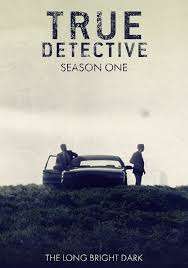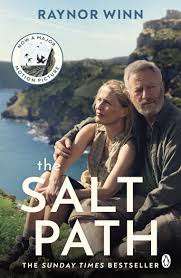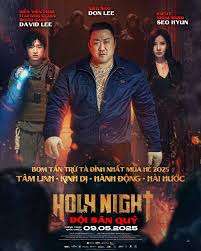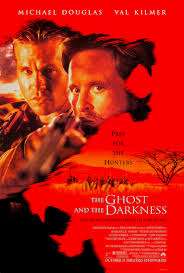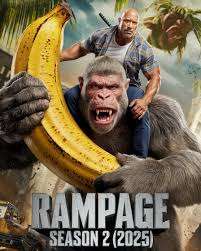Hollow in the Land, directed by Scooter Corkle, is a Canadian thriller that delves into the complexities of small-town life, familial bonds, and the pursuit of justice. Set against the rugged backdrop of British Columbia, the film offers a gritty narrative that intertwines personal turmoil with a suspenseful murder mystery.
Plot Overview
The story centers on Alison Miller (Dianna Agron), a determined young woman working at a local mill to support her younger brother, Brandon (Jared Abrahamson), following their father’s incarceration for a fatal accident involving the mill owner’s son. The family’s reputation is tarnished, and they live under the shadow of their father’s crime
When Brandon becomes the prime suspect in a new murder case and subsequently disappears, Alison embarks on a relentless quest to find him and prove his innocence. Her journey uncovers a web of secrets, lies, and further violence, as she navigates a community rife with suspicion and hostility. The narrative unfolds with a series of twists, leading to a climactic confrontation that challenges Alison’s resolve and the very fabric of the town’s justice system.
Performance and Characterization
Dianna Agron delivers a compelling performance as Alison, portraying a character marked by resilience and vulnerability. Her portrayal captures the emotional weight of a sister fighting against societal judgment and systemic obstacles. Agron’s nuanced acting anchors the film, providing a relatable and empathetic protagonist.
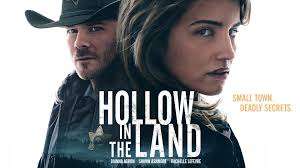
The supporting cast, including Jared Abrahamson as Brandon and Shawn Ashmore as Officer Darryl Tarasoff, contribute to the film’s tense atmosphere. Abrahamson effectively conveys Brandon’s inner turmoil, while Ashmore’s portrayal of a conflicted law enforcement officer adds depth to the narrative.
Direction and Cinematography
Scooter Corkle’s direction emphasizes the bleakness and isolation of the setting, using the natural landscape to mirror the characters’ emotional states. The cinematography by Norm Li captures the stark beauty of the mountainous terrain, enhancing the film’s moody and suspenseful tone. The visual storytelling complements the narrative, creating an immersive experience that underscores the themes of entrapment and desperation.
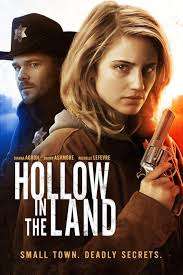
Themes and Social Commentary
Hollow in the Land explores themes of family loyalty, societal judgment, and the quest for justice in a community quick to condemn. The film critiques the prejudices that arise in close-knit towns, where reputations are hard to shake, and the past looms large over the present. Alison’s struggle against these forces highlights the challenges faced by those seeking redemption and truth in environments resistant to change.
Critical Reception
The film received mixed reviews, with some critics praising its atmospheric tension and Agron’s performance, while others noted issues with pacing and plot complexity. Frank Scheck of The Hollywood Reporter acknowledged the film’s familiar territory but commended Agron’s performance and the moody tension crafted by Corkle. Conversely, Ryne Clos of Spectrum Culture criticized the film for its reliance on genre tropes and a convoluted narrative, suggesting it lacked originality and depth
Conclusion
Hollow in the Land is a somber and intense thriller that examines the impact of crime and suspicion on a fractured family and community. While it may not break new ground in the genre, the film offers a compelling character study and a stark portrayal of small-town dynamics. Agron’s strong performance and the film’s atmospheric direction make it a noteworthy entry in Canadian independent cinema.
Rating: 7/10
A gripping, character-driven thriller that, despite some narrative shortcomings, delivers a poignant exploration of familial bonds and societal judgment.
